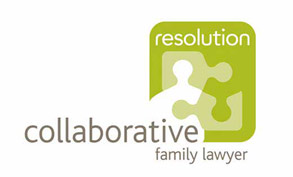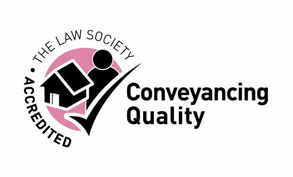Family Law and Wills Probate & Power of Attorney

The Importance of the Role of Executors
23 FEB 2023
The role of executors is to deal with the administration of an estate. This can be overwhelming for the people appointed as they may not taken on this role before and they have to get to grips with someone else’s affairs at a time when they are also grieving the loss of a loved one.
Acting as an executor is sometimes straightforward, however, it can very quickly become confusing, convoluted and time-consuming.
The executors’ duties can vary depending how complex the estate is but generally their first duties and responsibilities will be to: –
- Register the death with the local registry office.
- Organise the funeral, which will of course involve notifying family and friends.
- Safeguard any property- ensuring that all the keys are held and the property is secure. Consider changing the locks, especially if it is unclear exactly who has access.
- Safeguard assets- ensuring that all bank accounts are suspended so that payments cannot go out without the executors knowing. Retrieve valuable items if the property is to be left unoccupied.
- Locate and hold all credit and debit cards, passbooks and chequebooks.
- Notify the insurance company if the property is unoccupied and arrange alternative cover if necessary.
- Ensure that any computers, mobile phones and other devices are secured along with passwords, passcodes etc.
Some of these tasks could well be time consuming but they are essential in ensuring the administration starts off on the right footing.
We then move to the second stage which involves the ‘paperwork’ and more technical issues.
- Notify all asset holders – banks, building societies, pension providers, investment and insurance companies. of the death and request date of death values.
- Gather all information and prepare the application for a Grant of Representation – a Grant of Probate or a Grant of Letters of Administration.
- Assess the value of the Estate and determine whether a formal return for Inheritance Tax is required.
- Prepare the formal application for Probate and make arrangements to settle any Inheritance Tax.
- Pay any inheritance tax liability to HMRC.
- Obtain the grant of probate/letters of administration and register with all asset holders.
- Collect in the assets of the estate.
- Settle debts and liabilities of the estate as estate funds come available.
At this stage the Executors will be in sight of the finishing post but they still have much to do:
- any outstanding tax issues including personal (and business) tax returns to the date of death, followed by tax arising during the administration period.
- Identifying the named beneficiaries in the will.
- Identifying all beneficiaries who are referenced only by relationship
- Settling any bequests or monetary legacies of money
- Identifying gifts of specific items in the will, and after all those are safely rounded up,
- Arranging clearance of the property.
- Preparing the property for sale
Only after all of these tasks have been safely undertaken can the Executors turn their attention to:
- Distributing what is left – the residuary estate – to the residuary beneficiaries in accordance with the Will (or rules of intestacy).
- And even then there may be further tasks such as Corrective Accounts to sort out with HMRC.
That is some checklist for someone who in most cases did not ask for the job and in some wasn’t aware that they had been given it!
But not to worry – we at Baines Bagguley Penhale are here to help! We have an experienced and very approachable team who will be more than happy to guide you through all the rigours of estate administration.
Contact our specialist team at Baines Bagguley Penhale would be pleased to assist. Please contact us on 01524 401010.
Share this






